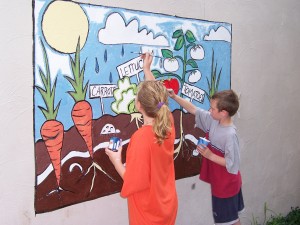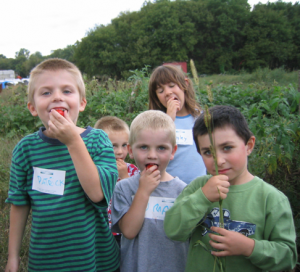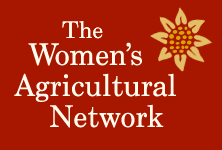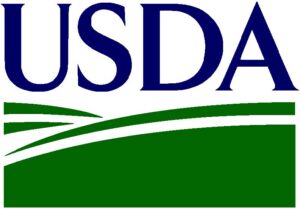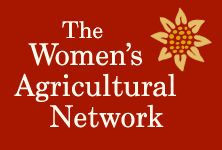There is an assembly at my 7-year old daughter’s school once a week and parents are invited to attend. Typically one class does a presentation. My daughter’s class was “on” a couple of weeks ago because they just completed their study of food, from farm to plate, and were there to share their new found knowledge with the rest of the school.
For the previous two weeks she had been (repeatedly!) practicing her one line at home. She informed me that everyone in class was paired up with another child and each duo had a type of food to talk about. One child in the pair would share the virtues of a food choice (for example, low fat milk), and the other child would describe a “bad” choice for that same type of food. I silently wondered how this was going to go.
As a nutritionist, food activist, and agriculture supporter-type (what am I?), I was pretty curious to hear the details. Did her teacher know that there is a raging debate about whether there are “good” foods and “bad” foods? Were they aware of the controversy around chocolate milk, and whether it should be offered on a daily basis in schools? Could seven-year-olds do a better job than us older folks of providing simple dietary guidance? Well, I knew they could make it simple, but would it be helpful, or sort-of-right? I assumed they would stay away from the details that challenge my decisions on shopping trips (like whether to buy organic, local, or fair trade).
So the day of the assembly arrived and they were pretty darn cute. Everything seemed to go according to plan. I learned that wheat thins are good, chocolate milk is bad, dried fruit is good, and so on. I agreed with some of their assessments and disagreed with others. There was no mention of food production methods. When assembly was over, I went on my merry way.
But, of course, I can’t let it go that easily.
Being a person who is teased relentlessly about seeing everything in the world as “gray,” I am aware of how easily other people define it as black and white. The assembly had me thinking, once again, about our food and agricultural policies, from the community level to the federal level (probably not what the teacher had in mind) which are anything but black and white. Do we set policy around what science indicates may be the perfect diet, or seek a compromise position? In our common food spaces, such as the public schools, do we focus on improving the diets of the least-well-fed, or strive for the highest quality diet at an affordable price? Do we take away all the treats in these public settings, or hope that children will learn to make good choices? Has food marketing gotten so out of control that we have to counter with black and white messages about good food and bad food? And what about the struggling farmers; how do our food policies address systemic problems? At what age should our children learn to consider food production methods?
Overall, I am grateful that these children are studying food in school at such a young age, and happy to know that they may become our food policy wonks of the future! Maybe one day they will have better answers to life’s perplexing food questions than I do.

